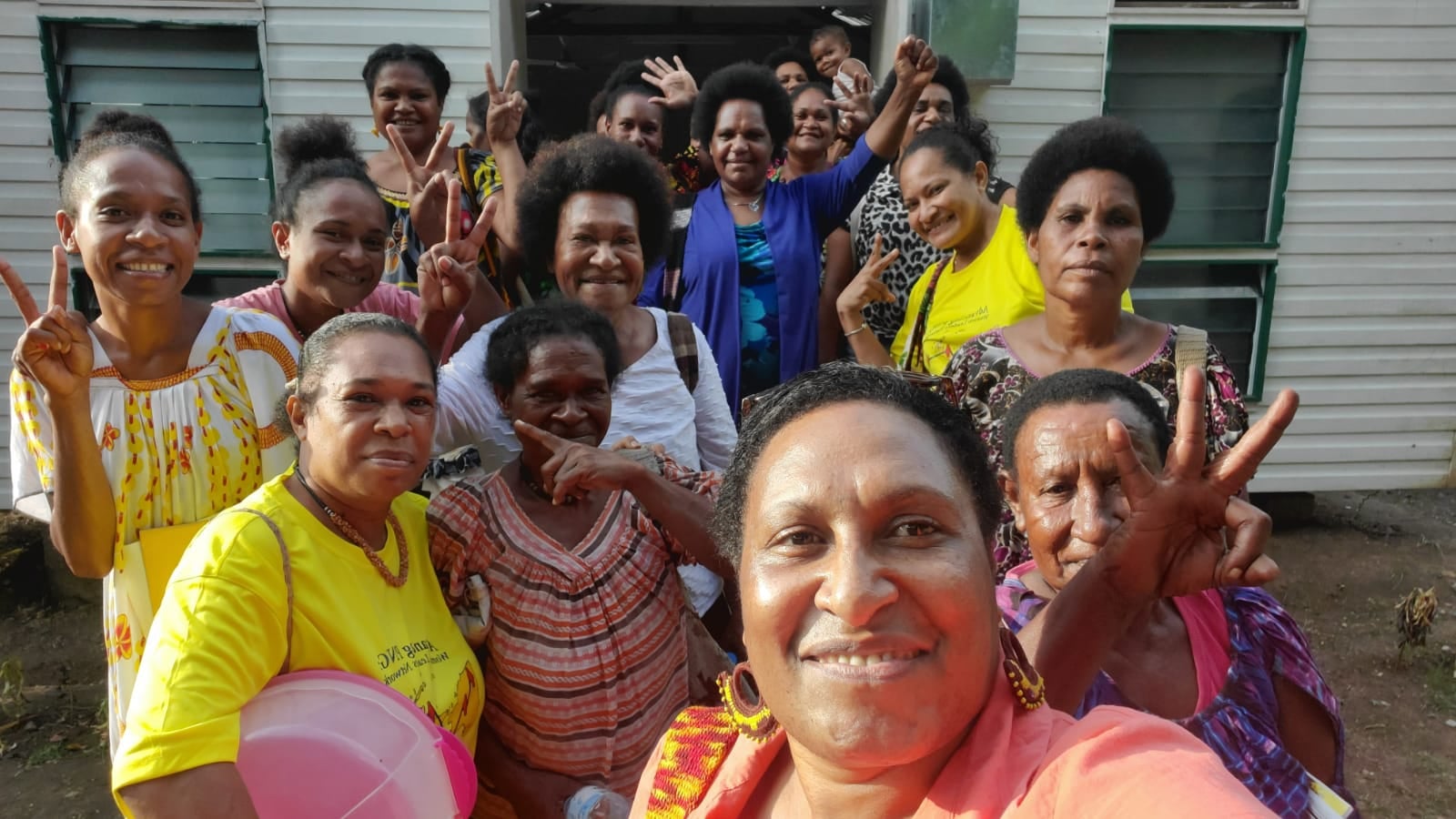Combatting fake news is a hot topic in global stability and governance. Organizations that historically worked on reducing poverty, injustice, and health threats around the world now find themselves facing new challenges brought on by the digital age and “attention economy.”
Targeted disinformation campaigns that can go viral affect human wellbeing on an individual and global scale. They cause distrust in institutions and divisions in society. Based on our experience combating fake news through media literacy and awareness, Dexis sees the following as some of the main challenges and possible solutions to the biggest issues around disinformation:
The creators of disinformation take a kernel of truth and build a false narrative around it. For example, during Pizzagate in the U.S., an armed gunman acted on a false story that had some truth: the owner of the restaurant did support the campaign of the former presidential candidate. That was real—the child trafficking ring was not.
In Eastern Europe and elsewhere, this approach is used quite often and can lead to violent attacks on activists and others. Because people often react to what they read before they think about the motives behind the story, the producers of fake news create content that aims to turn emotional reaction into action.
Emotional exploitation is frequently used during hybrid information wars. Worst case scenarios provided by so-called experts are circulated in social media to amplify current stresses. However, in some cases, fact-finding organizations can determine that these experts’ claims come from false accounts and educate others about it. Yet, instead of relying solely on fact-finding groups, training local representatives, journalists, and students to create and promote accurate content would extend the impact of truth-telling even further.
Rather than focus efforts on countering fake news and reacting to the increasing flow of sensational and distracting information, Dexis proposes creating new, engaging content that reinforces people’s core values, builds on principles of humanism and tolerance, and uses principles of mindfulness. For example, talking more about compassion rather than judgment.
We use storytelling to celebrate the courage of regular people dealing with day-to-day issues. When we pay more attention to creative forces in our global society, empower and support artists, storytellers, and humorists, we can help bring security and stability to societies that are constantly being traumatized by information manipulation.
Truth can sometimes be boring. We’ve seen how sensationalized disinformation campaigns purposefully trigger people’s feelings. Factual reporting and storytelling must use humor and human interest to be able to keep pace with—and counteract the effects of—fake news. With this approach, news provokes an emotional reaction, but in this case, a positive one. In our work with media partners, we’ve seen how this approach reaches millions and leads to requests for redistribution by other media outlets.
Good-hearted entertainment for social cohesion is an effective tool in countering disinformation, informing and uniting people, and bringing hope. And that is exactly what we need to bring stability to society and help people heal.
Olha Onyshko is a Program Manager for Dexis. She is an independent filmmaker, civil society leader, and former broadcast journalist.


